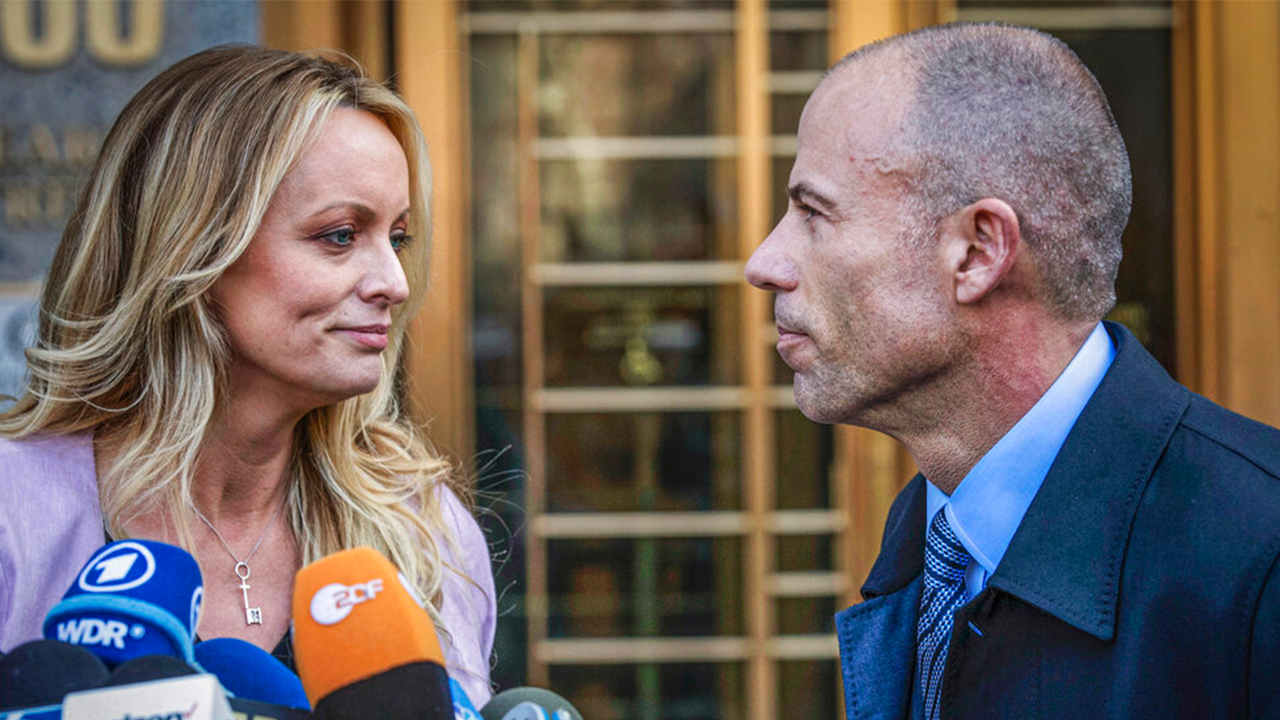- Oct 20, 2022
- 6,908
- Thread starter
- #3,041
Yes, certainly online anyway - social media has a lot to answer for I think. Irl, debates and conversations are much more nuanced but on social media forums where people seem to seek far too much validation for who they are/how much they are liked, there is a culture of ’silencing’ legitimate inquiry/debate in favour of perpetuating echo chambers and the school of polarised opinion. Also, when people feel more and more powerless to influence the world around them irl, they tend to seek online communities that affirm their world view. Unfortunately most online communities are primarily glued together by other largely anonymous subscribers who are also only looking for affirmation of pre-existing views that they have no intention of changing or moderating. Anyone that seriously challenges those views risks being to bullied/ignored/derided so most impose upon themselves a sort of voluntary gag order for self-preservation or post the prevailing ‘truth’ as a passport for belonging.There does appear to be a cultural norm these days that it is unacceptable to admit when you are wrong or that your position has changed (or is different from your peers) - as people that do are attacked and ridiculed for doing so. This seems to lead to a social pressure from their peers to double down when challenged on their opinions I feel.
“it is now clear that social media has far-reaching social, political, and ethical consequences for the way in which reality is disseminated online, in turn influencing human thought and action”
(https://www.standrewslawreview.com/post/arbiters-of-truth-the-un-reality-of-social-media-platforms)
Last edited:

 Shit, sorry, I just did. I misread your username
Shit, sorry, I just did. I misread your username 


 - I think we both can see the absurdity of an election (you couldn’t make it up) that has an octogenarian who looks like he should be in a nursing home pitted against a buffoon who’s character is the complete antithesis to everyone’s idea of ’Presidential’!
- I think we both can see the absurdity of an election (you couldn’t make it up) that has an octogenarian who looks like he should be in a nursing home pitted against a buffoon who’s character is the complete antithesis to everyone’s idea of ’Presidential’!